Background:
The vendor claims that engine software tuning can simultaneously increase engine power output without detracting from engine reliability presents an opportunity to investigate whether it’s possible to “have your cake and eat it too.”
Integrated Engineering Claim:
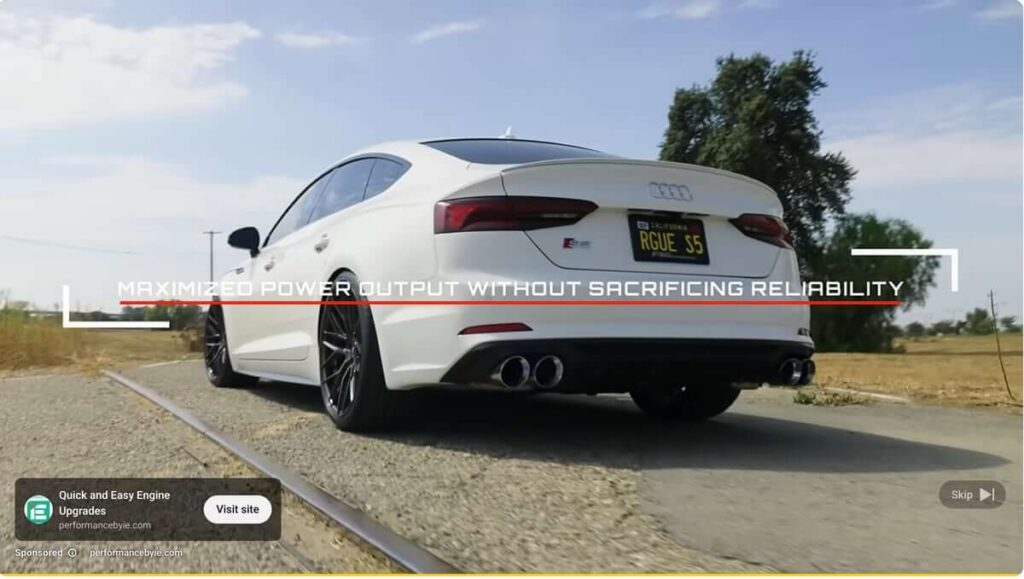
034 Motorsport claim:
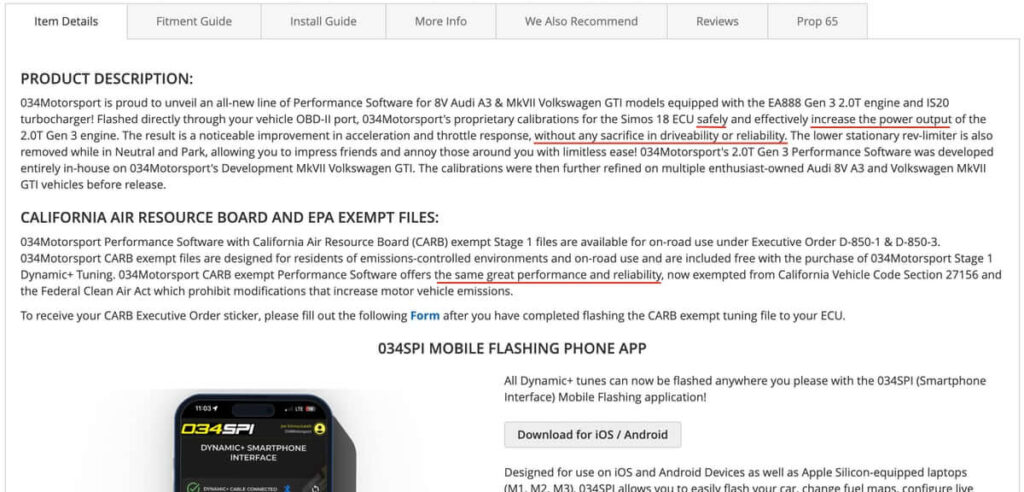
…increase the power output… without any sacrifice in driveability or reliability.
034 Motorsport Advertising
Equilibrium Tuning claim:
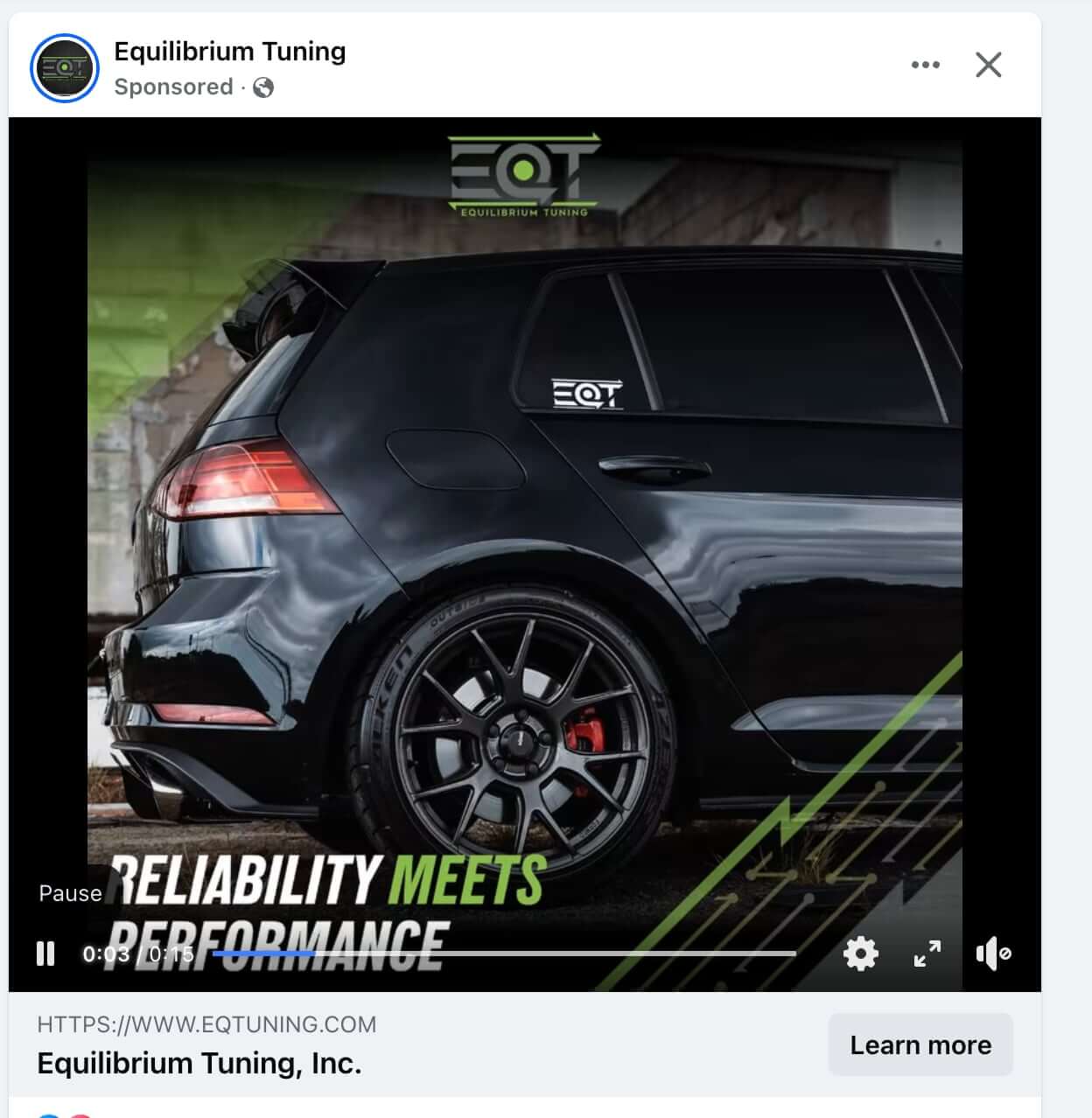
I’m skeptical of the validity of these claims. In this post, I address the concerns I have about this topic and the preparations I am making to find answers.
Power and Reliability:
More power usually means higher peak cylinder pressures and torque. That increases stress on the pistons, rings, rods, crank, bearings, and reduces the fatigue life of those parts.
Higher power tends to raise exhaust-gas temperatures (EGT), oil, and coolant temperatures. That accelerates material degradation.
Power vs. reliability is often a trade-off: pushing performance up shortens component life, unless engine hardware is upgraded.
The Standard:
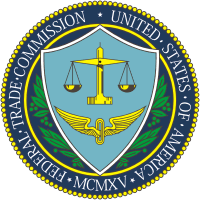
Under the Federal Trade Commission Act, companies are prohibited from “unfair or deceptive acts or practices.”
The FTC’s “substantiation doctrine” requires that advertisers have a reasonable basis for any objective claims.
If a tuning vendor claims “increased power” and “maintaining reliability,” those are objective performance and safety claims; the vendor should have test data, studies, or otherwise “competent and reliable evidence” to back both performance and durability. Without that, the FTC could potentially characterize their ads as deceptive.
For claims about performance (power) and reliability (which implies long-term safety), the FTC standard is that the vendor should be able to substantiate that the tune does not materially increase the risk of component failure.
Questions:
Given the FTC requirement for vendors to have “competent and reliable evidence” to support their objective reliability claims, what evidence should these vendors provide to consumers?
- Their test plan documenting the general testing strategy.
- Durability test results and methodology.
- Sample size and statistical analysis.
- Disclosure of any limitations or required operating conditions.
Example:
The following exchange illustrates an unsatisfactory response from a tuning vendor. In this example, the marketing representative from Audi Performance and Racing (APR) [Arin Ahnell] makes a claim that the company’s software provides consumers with both power and reliability.
The answer he provides explains that they instrument engines, use that data to update ECU models, and test on a dyno, street, drag strip, and road course. The vendor’s high-level description does not demonstrate that APR meets the FTC’s substantiation standard for a reliability claim.
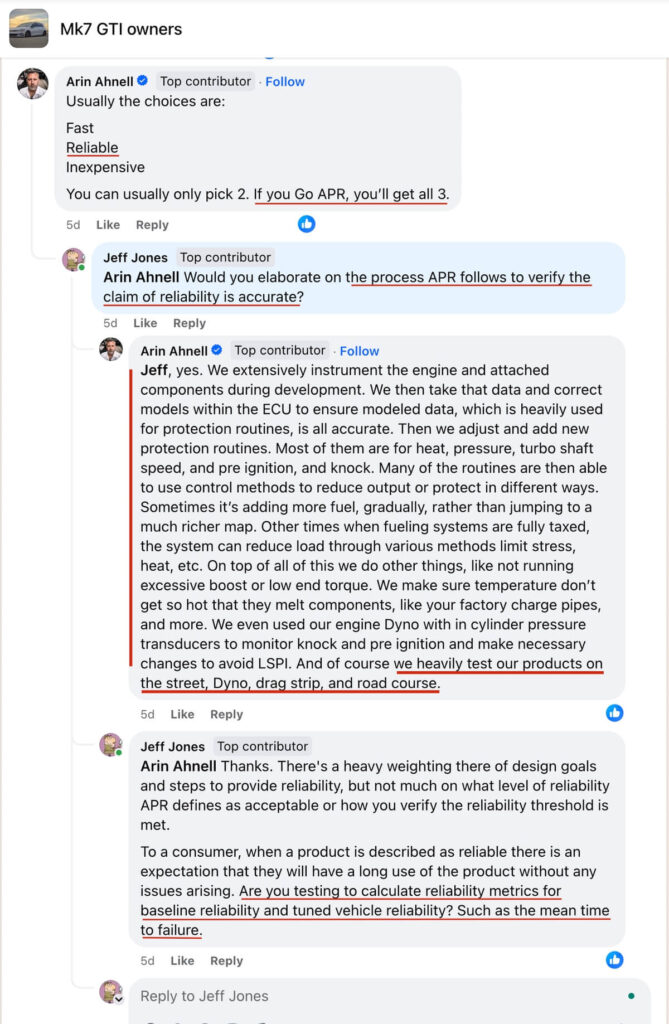
After giving his first answer, I asked Arin if they conduct testing to determine reliability metrics. Arin failed to respond.
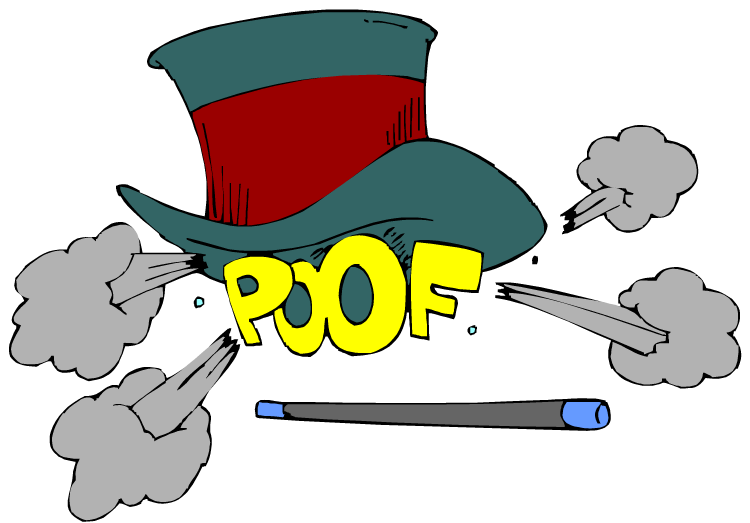
Arin’s departure from the discussion usually means the vendor can’t—or won’t—produce the kind of objective substantiation being requested. Consumers should treat this type of silence as a red flag.
Next:
Contacting the vendors identified above, Integrated Engineering, 034 Motorsport, and Equilibrium Tuning, who advertise power increases while maintaining reliability, and the responses I receive, will be the subject of Part 2 of this post.
